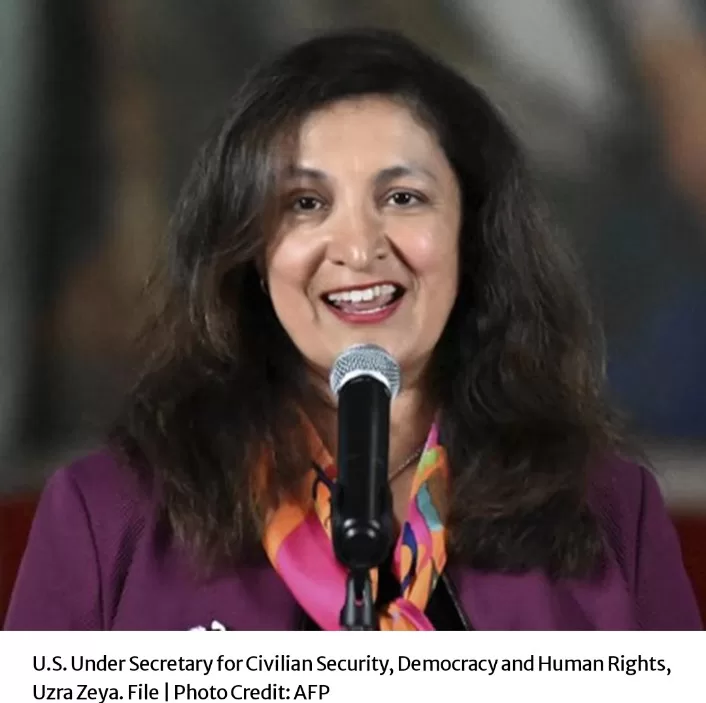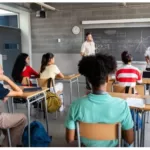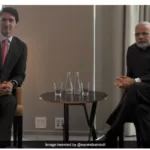New Delhi- In a significant development that is poised to impact the forthcoming elections in Dhaka, the United States has commenced the imposition of visa restrictions on individuals it deems responsible for “undermining the democratic election process in Bangladesh.”
The announcement of this extraordinary measure was made by U.S. Under Secretary for Civilian Security, Democracy, and Human Rights, Uzra Zeya, through her X account (formerly Twitter). This revelation came mere hours after her meeting with Bangladesh Prime Minister Sheikh Hasina, who is currently attending the UN General Assembly’s annual meeting in New York.
Underlining the gravity of this move, the U.S. Department of State issued a statement declaring, “Today, the Department of State is taking steps to impose visa restrictions on Bangladeshi individuals responsible for, or complicit in, undermining the democratic election process in Bangladesh. These individuals encompass members of law enforcement, the ruling party, and the political opposition. The United States remains steadfast in its commitment to promoting free and equitable elections in Bangladesh, conducted in an atmosphere of tranquility.” However, the specific names of the targeted individuals have not been disclosed.
This ban could potentially extend beyond the individuals themselves to encompass their immediate families. The official notification stated, “These individuals and their immediate family members may face ineligibility for entry into the United States. Furthermore, other individuals found to have played a role in undermining the democratic election process in Bangladesh may also encounter similar visa restrictions in the future. This encompasses both present and former Bangladeshi officials, members of opposition and ruling political factions, and individuals from law enforcement, the judiciary, and security services.”
This action follows through on a statement made by U.S. Secretary of State Antony Blinken on May 24, which initially indicated the intent to impose visa restrictions on Bangladeshi individuals responsible for subverting their nation’s democratic process. Blinken had remarked, “We possess the capability to impose visa restrictions on individuals and their immediate family members if they are found culpable in undermining the democratic election process in Bangladesh.”
Notably, Prime Minister Hasina recently participated in the G-20 summit held in Delhi from September 9 to 10, where Bangladesh was accorded “guest country” status. During this visit, she informally engaged with U.S. President Joe Biden on the sidelines of a dinner.
This move signifies an escalation of U.S. pressure on Prime Minister Hasina’s Awami League-led government over the past two years. The U.S. has consistently urged her to ensure a free and impartial election, which is expected to be announced in October. In December 2021, the U.S. Treasury Department imposed sanctions on the highest-ranking officials of Bangladesh’s Rapid Action Battalion, the premier counter-terrorism unit under the Hasina administration.
However, Friday’s announcement represents a more expansive approach, encompassing individuals not just from law enforcement but also from the ruling party and the political opposition.




